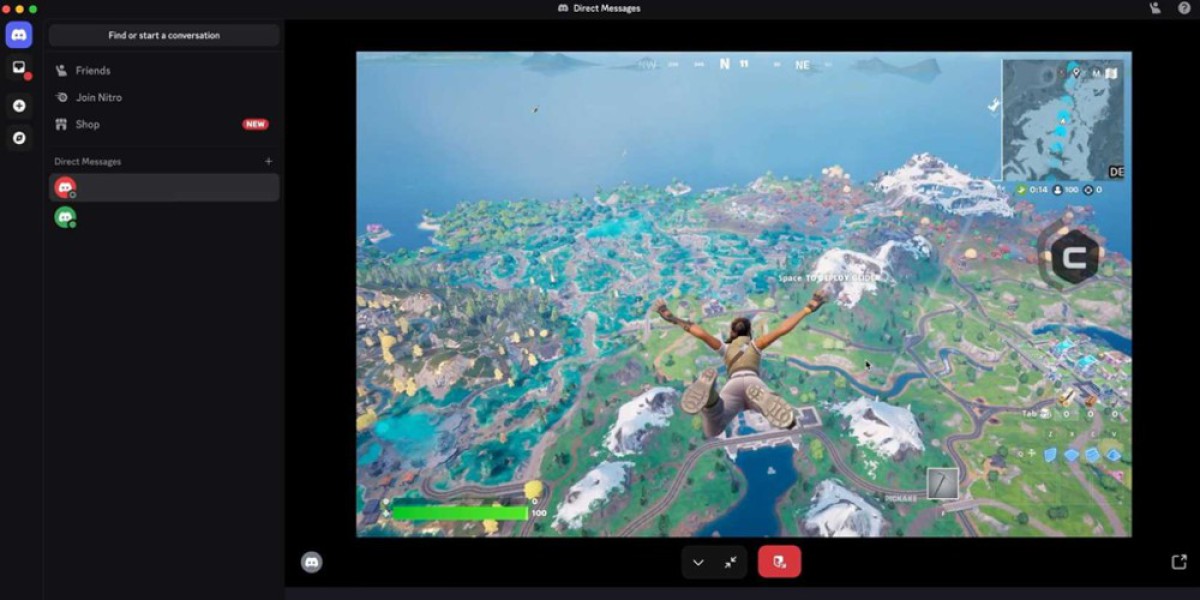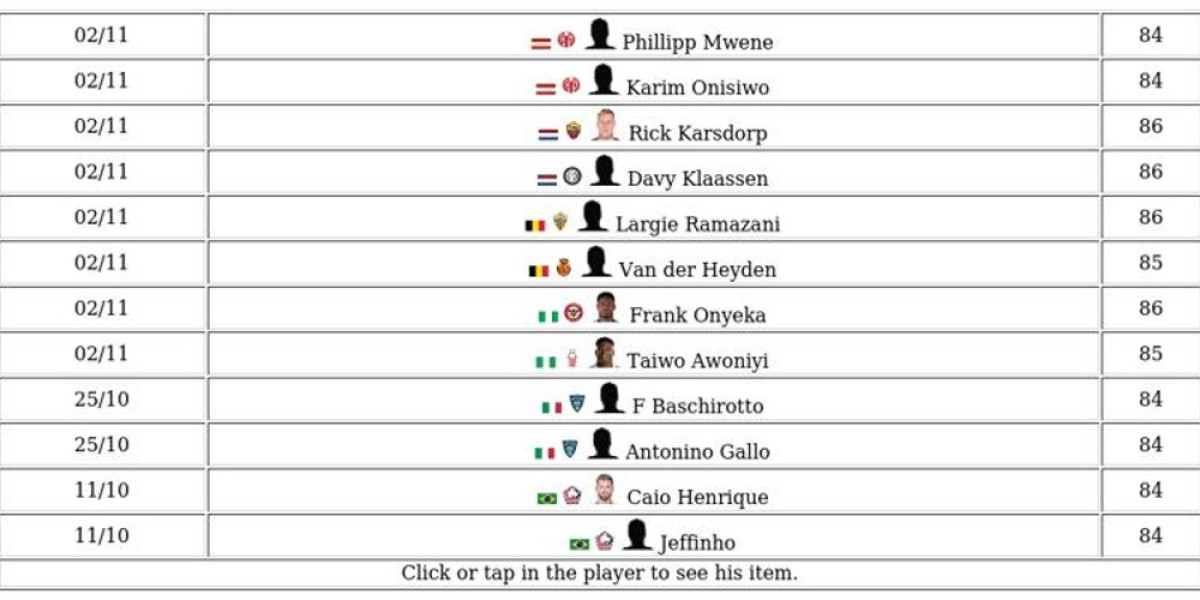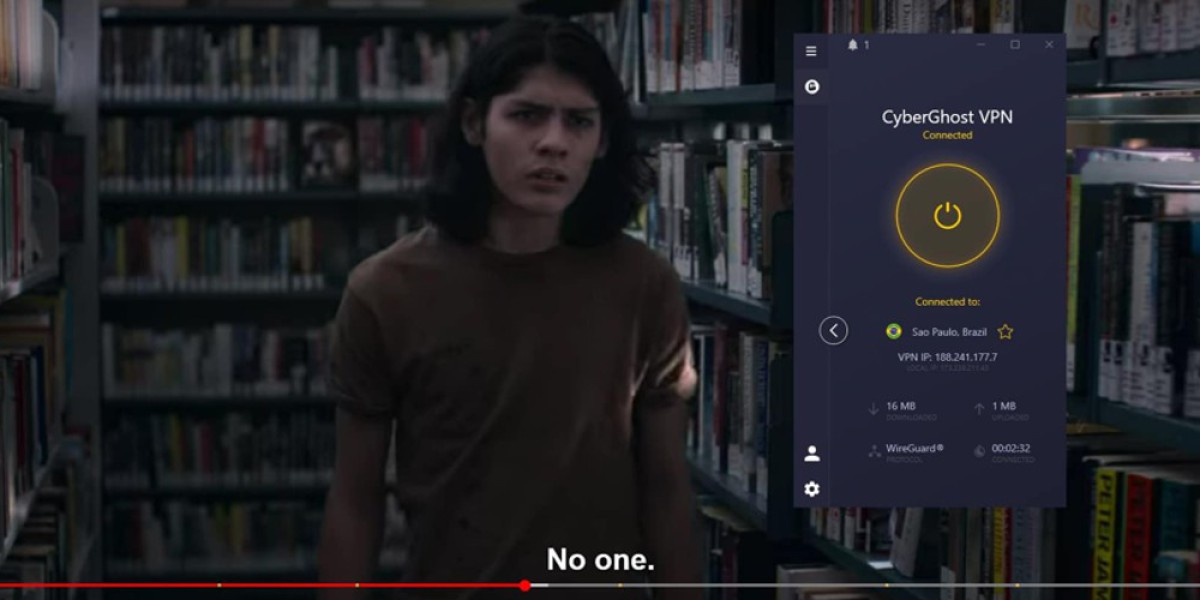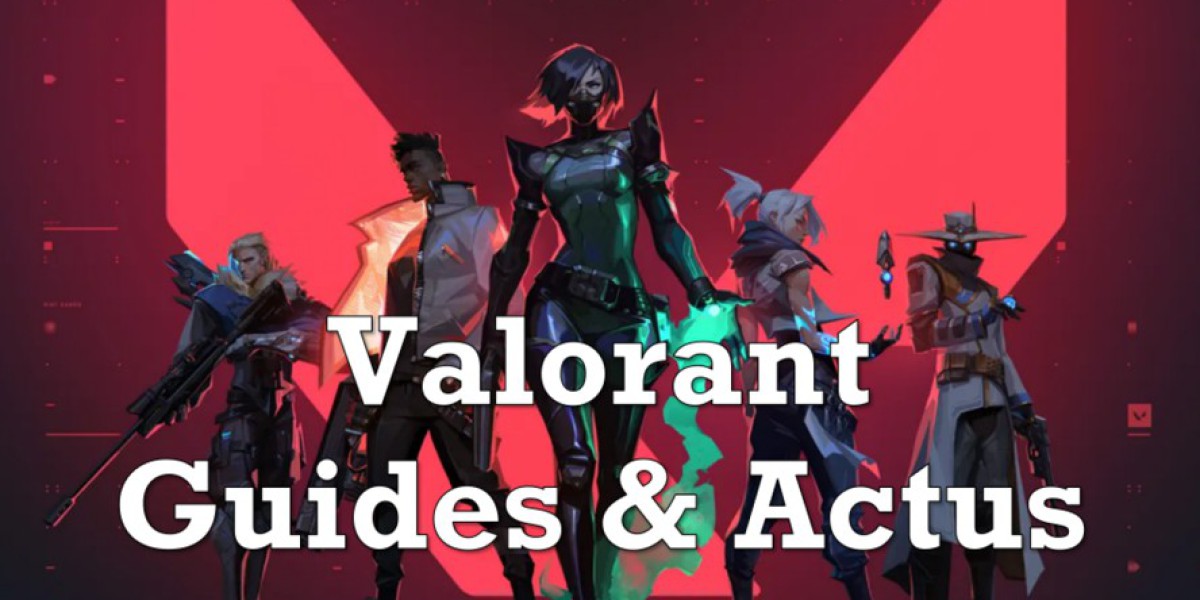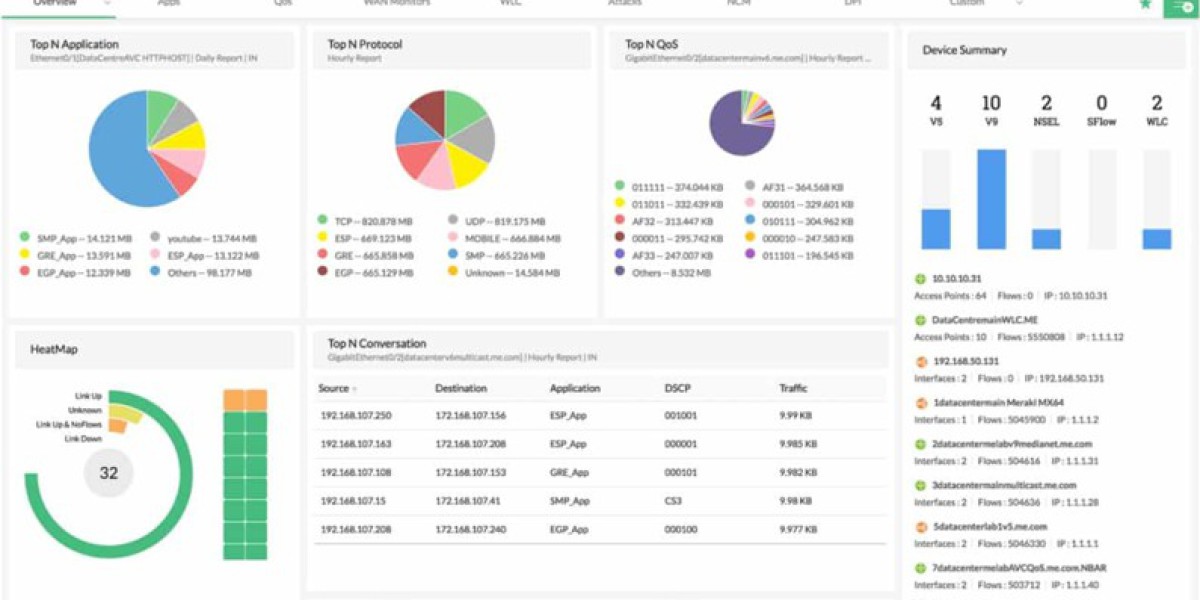RMI Education and Skills Strengthening Project
The Government of the Republic of Marshall Islands has actually received funding from the World Bank for the Education and Skills Strengthening Project (ESSP) cost. It intends to use part of the earnings for speaking with services.
The consulting services ("the Services") will help the Project Manager and the RMI National Training Council in executing the World Bank-funded project efficiently.
The project will concentrate on supporting the Project Implementation Unit (PIU) in creating a structure for Recognition of Prior Learning (RPL) for TVET, targeted at helping the College of the Marshall Islands and the RMI National Training Council evaluate and enhance the abilities of employees through accredited college certification.

The detailed Terms of Reference (TOR) for the assignment are shown in the attached Terms of Reference (ToR).
The National Training Council now welcomes eligible individuals ("Consultants") to suggest their interest in offering the Services. Intrigued Consultants should supply information demonstrating that they have the needed qualifications and pertinent experience to perform the Services (connect a Cover Letter of no greater than four (4) pages resolving the compulsory experience and certification requirements curriculum vitae with a description of experience in similar tasks, similar conditions, and so on). Firms' staff may reveal interest through the using firm for the project. In such a circumstance, only the experience and credentials of individuals shall be thought about in the selection process. The criteria for electing the Consultant are: A.
Mandatory Qualifications and Experience Master's degree in education, training
, management, or an associated field. Minimum of 5-10 years of experience working in TVET System. Curriculum Design and Systems.
Possess 2-5 years' experience developing and
carrying out RPL. frameworks, policies, and treatments. A sample of previous work will be required as evidence of previous experience. Excellent communication, marshall-islands.worldplaces.me training, and assistance
abilities. Experience with working with varied stakeholders, including federal government. agencies, TVET organizations, employers, and students in the Pacific. B. Desired Qualifications and Experience Ability to deal sensitively in a multicultural
environment and develop effective group relationships with customers and pertinent stakeholders. The attention of interested Consultants (consisting of firms )is drawn to paragraphs 3.14, 3.16 and 3.17 of the World Bank's"
Procurement Regulations for IPF Borrowers "July 2016 revised November 2020" Procurement Regulations ", setting forth the World Bank's policy on dispute of interest. More information can be gotten at the address below during workplace hours, 0900 to 1700 local time. Expressions of interest must be
delivered in a written kind to the address below (face to face or by email )by 5:00 pm, 23rd December 2024.
The subject line ought to state:"National Training Council Strategic Plan Consultant -full name of the candidate". Julius Lucky Director National Training Council!.?.!ntcdr@ntcinfo.org:Phone: 692 625-4521 Empowering Community Champions for Sustainable Development in RMI Gender Equality, Climate Resilience and Water Safety Training Majuro,
Republic of the Marshall Islands: The fourth
Women and Youth Training for
Gender Equality, Climate Change, Disaster Risk Reduction and Water Safety Management has just recently taken place at the University of the South Pacific's school in Majuro, the Republic of the Marshall Islands(rmi national training council ). This crucial training was arranged by the United Nations Development Programme( UNDP )Pacific Office through the Addressing Climate Vulnerability in the Water Sector(ACWA) project. The week-long capacity-building training aimed to empower females and youth with the understanding and practices required for climate-resilient water security management in the
Republic of the Marshall Islands(RMI ). This training reinforces a commitment to enhancing rmi national training council's water security and neighborhood durability versus climate modification impacts, especially ladies
and youth, guaranteeing that nobody is left behind. The training welcomed individuals from all 24 atolls and featured resource speakers from federal government firms, non-governmental companies, and international development partners from the rmi national training council Environmental Protection Authority, Climate Change Directorate, Office of the Chief Secretary, Ministry of Culture and Internal Affairs, National Disaster Management Office, Women United Together Marshall Islands, RMI Human Trafficking Task Force, Waan Aelõñ in Majel, Jo-Jikum, and the International Organization for Migration. In her opening remarks, Secretary for the Ministry of Culture and Internal Affairs, Brenda Alik, underscored the significance of collective action in building a climate-resilient country."It is our obligation to come together and work together. As we face the challenges posed by environment modification, understanding its effect on our water resources is vital for improving the well-being of neighborhoods throughout the Marshall Islands,"she said.
RMI Environmental Protection Authority General Manager Moriana Philip highlighted in her speech the vital function of ladies and youth in addressing climate-related challenges."This workshop unifies us from various neighborhoods to address the pressing concerns we face today, including climate-related challenges, especially on our water resources."We wish to highlight the important function of ladies and youth in this job as your participation is instrumental to its success and beyond, "she stated.
The very first day of the workshop covered important concerns connected to gender equality, human rights, and public health within the Marshall Islands. It included discussions on gender equality and mainstreaming, focusing on the effects of climate change on water security and the disproportionate results on susceptible groups. The significance of integrating gender equality and social addition into all project aspects was likewise talked about. Human rights and human trafficking were dealt with, worrying the requirement for thorough security of vulnerable populations
throughout emergencies. Furthermore, the workshop attended to gender-based violence, highlighting the numerous kinds that can occur in catastrophe scenarios, such as domestic violence and sexual browbeating. The program concluded with a focus on sanitation and health and their important function in health, livelihoods, school presence, self-respect, and building resistant communities. ACWA Project Manager Koji Kumamaru revealed his gratitude to all individuals
, emphasizing the value of their contributions to their neighborhoods."Women and youth are essential to the success of the ACWA job. More importantly, you are the champs and future leaders who will go back to your communities to empower others,"he said. During the workshop, individuals checked out Rongrong Island and analyzed the 15,000-gallon Flatpack Modular water tank installed at the Rongrong High School Boys Dormitory as part of the ACWA task. The setup is an essential component of the job, matched by assistance from Australia
's Department of Foreign Affairs and Trade. The see served as a valuable direct experience of the positive effect of the ACWA task on the neighborhood and its
water resources. Marie Naisher from Jabat Island expressed her appreciation for the opportunity to join the workshop and made clear her desire to be part of the project when it reaches Jabat.
"This was my first time participating in such training, and I found out a lot from the guest speakers, group activities, and the site check out. I now understand the importance of tidy water and how to sanitize it. I'm fired up about the ACWA project concerning Jabat and prepared to assist when it arrives,"she stated. Don Kobney, an ACWA site coordinator from Santo, Kwajalein, also shared his excitement."The workshop and website visit boosted my self-confidence and understanding of the water tank installation.
Seeing the 15,000-gallon flatpack modular water tank firsthand offered me a clear understanding of the system, and I'm looking forward to sharing this knowledge with my neighborhood, "he said. By the workshop's end, participants were better equipped to comprehend climate modification and its regional effects, drive adjustment and mitigation efforts, particularly in water safety, and use brand-new resources to impact their neighborhoods favorably. ACWA is enabled thanks to the support of the Green Climate
Fund, with the job co-financed by the Government of the Republic of the Marshall Islands
. The Marshall Islands: Skills Training and Vocational Education Project Evaluates the efficiency of the task and highlights lessons. Offers inputs to 2 wider evaluations- the regional evaluation of ADB support for the Pacific and the unique examination research study on Millennium Development Goals. The low instructional attainment and lack of Marshallese skilled workers were largely due to the low quality of basic education, absence of access to education in the external islands, and weak points in abilities training and the trade and technical education system.
These supported an economy marked by high unemployment because of constrained economic sector growth and government downsizing. Unemployment was specifically high amongst the youth and females in the external islands. Ideal local competent personnel for existing task vacancies
were not available, for this reason the importation of properly knowledgeable foreign employees. Hence, there was an inequality in between offered jobs and skills of the Marshallese labour force. These conditions supplied the initiative for the Government
of the Marshall Islands to prioritize technical and vocational education training reforms. In 2000, ADB authorized a loan for $9.1 million to improve abilities training to offer trained workers required for continual economic and social development. This was to be accomplished through an integrated national abilities training system. The project consisted of 4 elements: advancement of a profession awareness program, abilities training improvement, improved skills training opportunities for ladies and youth, and institutional fortifying. The expected result was increased income-generating chances and work for students, especially women and youth in the outer islands. In general, the task was rated unsuccessful. Restricted development was achieved in making the task responsive to the requirements of its recipients and private-sector employers. The enduring weak point of poor numeracy and literacy proficiencies
among public elementary and secondary school graduates and dropouts getting in college or participating in voc-tech education could be partially credited to the poor quality of standard education. The job was supply-driven and might not develop a strong linkage with economic sector requirements or align its activities with the needs of the labour market. The status of the technical and occupation education training system has stayed basically the same after task completion. The research study advanced that ADB could encourage the Government of the Marshall Islands, through consultation and policy discussion, to follow through on the government's
commitment to establishing a dedicated labour details system to connect technical and trade education training program offerings with industry demand. Although the task set up a labour market info system, in the absence of in-house staff capability at the National Training Council, it was not fully operational.




